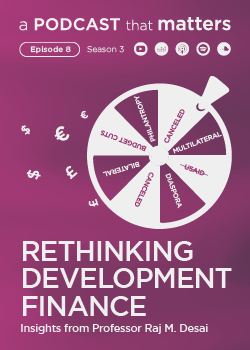Print

understanding PLAstic pollutioN effects on the biogeochemical cycle of ElemenTs: PLANET
Details
Locations:Norway
Start Date:Nov 1, 2021
End Date:Oct 31, 2023
Contract value: EUR 202,158
Sectors: Pollution & Waste Management (incl. treatment), Research & Innovation
Description
Programme(s): H2020-EU.1.3.2. - Nurturing excellence by means of cross-border and cross-sector mobility
Topic(s): MSCA-IF-2020 - Individual Fellowships
Call for proposal: H2020-MSCA-IF-2020
Funding Scheme: MSCA-IF-EF-ST - Standard EF
Grant agreement ID: 101023603
Objective
Plastic and microplastic pollution is a global environmental and societal concern. While focus has been placed on assessing the direct impacts on biota, indirect ecological effects are unexplored. Following very recent (and unexpected) laboratory evidences of a considerable binding between metals and altered plastics, the candidate hypothesizes that such an interaction can be amplified in environmental conditions due to mechanical, UV and biological degradations during plastic ageing. Plastic can change the budget and cycling of nutrients, micronutrients and toxic metals in different environments (agricultural soils, sediments). If this holds, the implications for the ecosystem might be far-reaching. The mechanisms underpinning ions/metals- plastic interaction are still mostly unexplored.
Through PLANET action, the candidate will: i) conduct artificial plastic ageing experiment on selected polymers to create testing materials for following work; ii) characterize the alterations of plastic surface physicochemical properties, iii) run sorption tests with ions and metals in batch experiments under varying pH, salinity, redox potential to disentangle mechanisms, nature and energy of this interaction; iv) build a mathematical frame describing this interaction and its implications for ions/metals distribution in the environment; v) assess model predictions in sediments/water column microcosms to enable inference for ecological effects at different scales.
The candidate will work at the Norwegian Institute for Water Research, a top research centre for plastic pollution analysis and environmental modelling. The host owns advanced equipment and laboratory to enable the project. The supervisor is committed to provide training on several core and soft skills and give access to his scientific and stakeholder networks. This will largely benefit his career development. The candidate will exploit these contacts for communication and dissemination towards concrete impacts in the scientific, policy and industrial sector.

